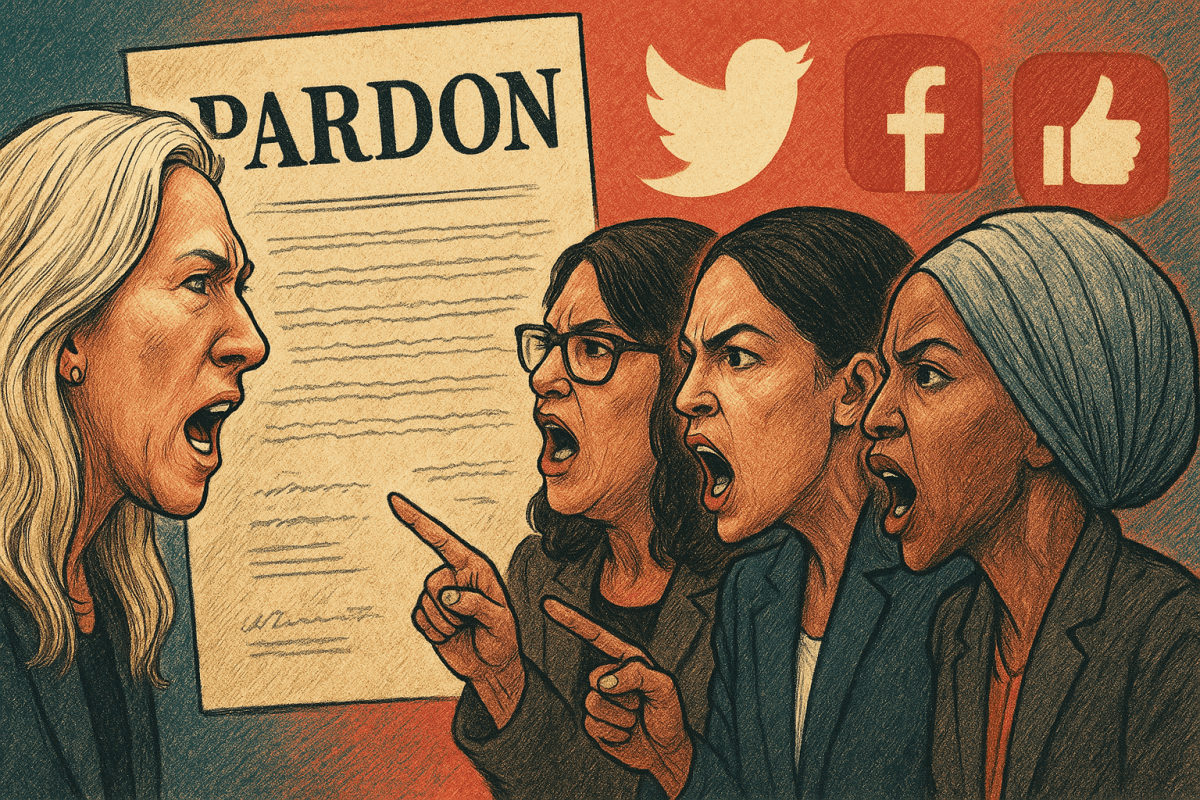In the political arena, a contentious debate has unfolded involving Congresswoman Marjorie Taylor Greene (R-GA) and progressive Democrats, especially Rep. Ilhan Omar (D-MN), over the prospect of a pardon for Derek Chauvin, the former Minneapolis police officer convicted for the death of George Floyd in 2020. This potential pardon, suggested by some conservative figures, has led to a series of confrontational exchanges on social media.
Derek Chauvin is currently serving a sentence exceeding 40 years, after being found guilty in federal and state courts. The case, which involved the death of George Floyd during an arrest, has remained a focal point of national discourse regarding police conduct and systemic racism. Amidst renewed discussions, some conservative voices have called for a reexamination of Chauvin's case, arguing that his conviction deserves another look.
Congresswoman Greene has publicly supported the idea of pardoning Chauvin, asserting that George Floyd's death was due to a drug overdose. "I strongly support Derek Chauvin being pardoned and released from prison. George Floyd died of a drug overdose," Greene declared to her followers on social media. Her post quickly drew sharp criticism from Rep. Ilhan Omar, who represents the district where Floyd was killed. Omar labeled Chauvin's actions as "chilling and intentional," and described his murder of Floyd as a "modern-day lynching."
The political spat escalated as Greene responded to Omar's criticism by attacking her political views and her personal background. Greene's inflammatory remarks referenced an unproven and widely discredited allegation against Omar, insinuating that she had married her brother—a claim Omar has vehemently denied and labeled as a product of right-wing conspiracy theories. The exchange continued with further posts, including one from Rep. Jasmine Crockett (D-TX), who disputed Greene's assertion regarding the cause of Floyd's death.
Greene, undeterred, posted a screenshot of Floyd's toxicology report, pointing to elevated levels of fentanyl. She linked his death to the broader opioid crisis, which has been a significant concern for conservatives and law enforcement. In her narrative, Greene positioned Floyd as a casualty of the drug epidemic, and accused Crockett of being indifferent to the plight of Americans affected by drug-related deaths.
The back-and-forth between these representatives reflects the deeply entrenched divisions within American politics. The debate over Chauvin's conviction and the potential for a presidential pardon has become a flashpoint, symbolizing broader issues of criminal justice reform, police accountability, and the ongoing opioid crisis.
This confrontation also illustrates the polarizing nature of discourse in the digital age, where social media platforms serve as battlegrounds for political figures. As the conversation continues to evolve, the impact on the national conversation and the communities directly affected by these issues remains to be seen.





